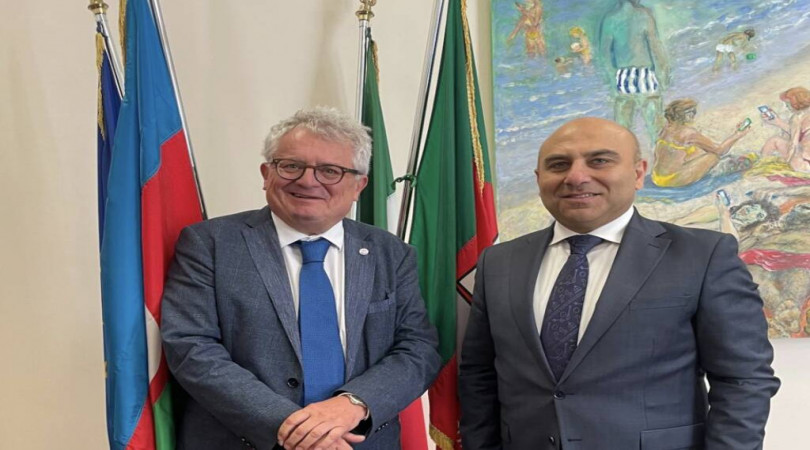Cultural heritage must be preserved and passed on to future generations - Giorgio Mulé
Protecting cultural heritage is one of the most important tasks of legislative bodies.
This was stated by Giorgio Mulé, Vice President of the Chamber of Deputies of the Italian Parliament, during the panel discussions on "The Role of Legislation and Best Practices in the Protection of Cultural Heritage" within the framework of the VI World Intercultural Dialogue Forum held in Baku.
He noted that it is extremely important to preserve and pass on cultural heritage to future generations.
G. Mulé said that according to Italian law, state bodies take administrative measures to protect cultural heritage.
“It should also be noted that civil society plays a role in the protection of cultural heritage. In Italy, there are legislative acts on the protection of cultural heritage. In Italy, special attention is paid to the protection of cultural heritage. Parliaments are not the only parties involved in the protection of cultural heritage. The bodies that monitor the implementation of legislation also bear responsibility and monitoring the implementation of the law is an important factor. We must work to better protect cultural heritage, reduce risks and ensure that cultural heritage contributes to the economy,” he added.
It should be noted that the VI World Intercultural Dialogue Forum is being held in Baku.
A total of 700 guests from different countries of the world are participating in the forum, which is held under the theme "Dialogue for Peace and Global Security: Cooperation and Interconnectivity".
Among the participants, representing more than 100 countries, are ministers, as well as representatives of the ministries of culture of about 60 countries and 28 international organizations. Within the framework of the forum, it is planned to hold ten panel discussions and four plenary sessions.
The event, organized by the Ministry of Culture of Azerbaijan, is held in partnership with international organizations, including the United Nations Alliance of Civilizations (UNAOC), UNESCO, ISESCO and the World Tourism Organization of the UN.
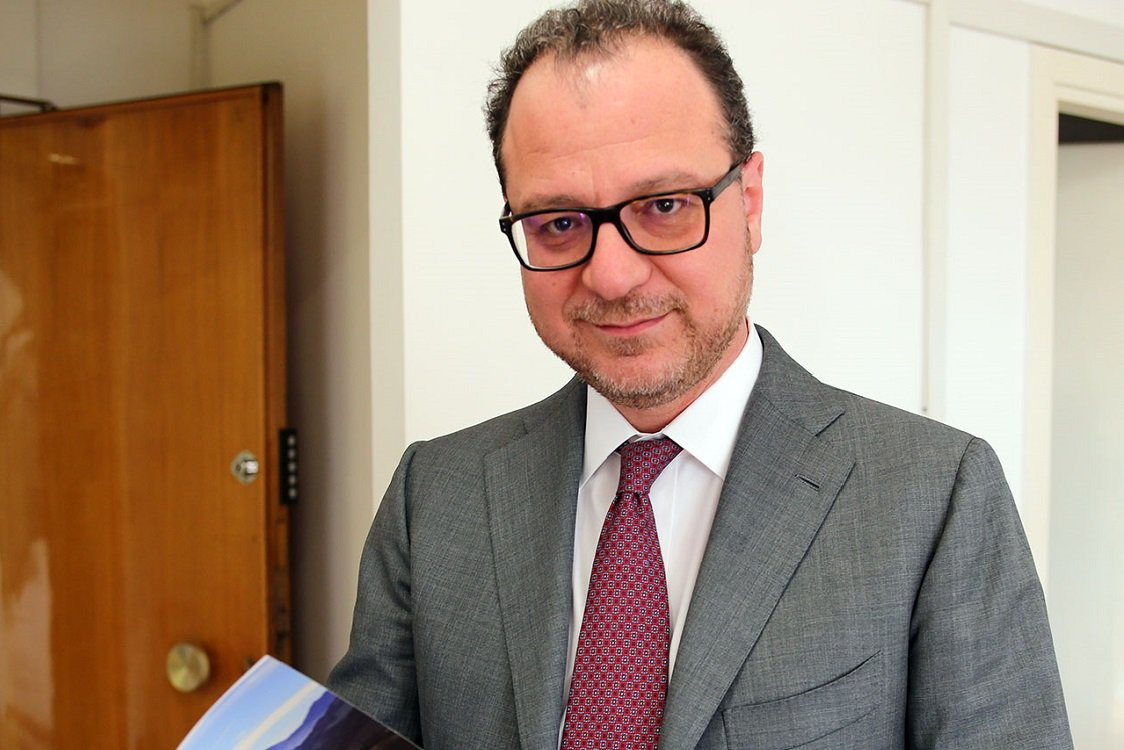

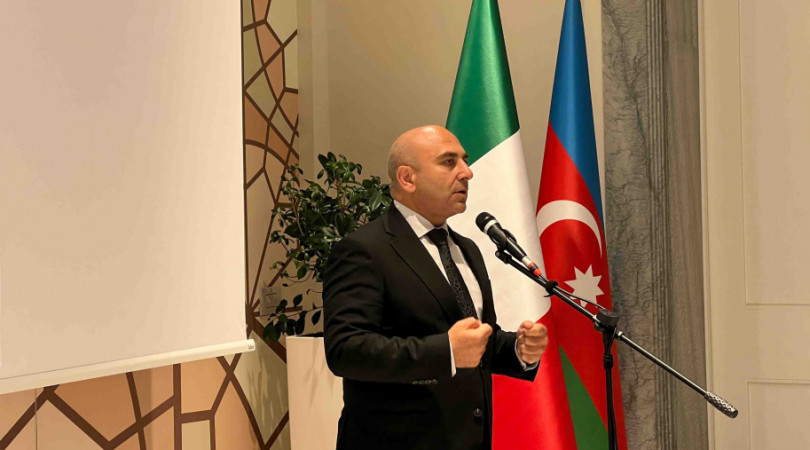
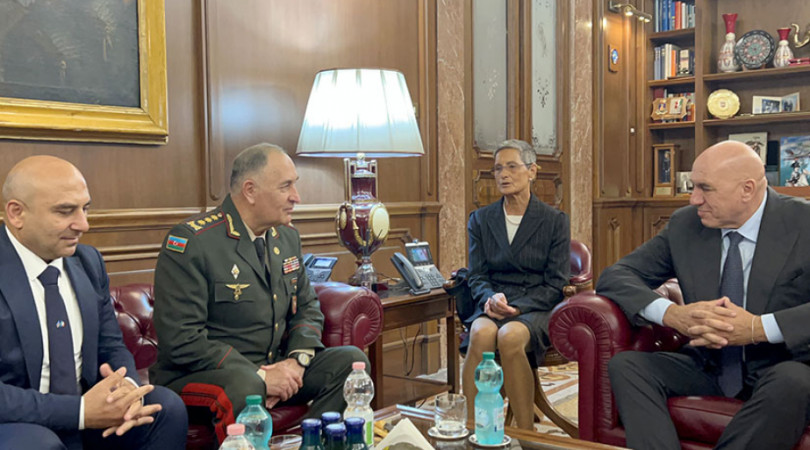
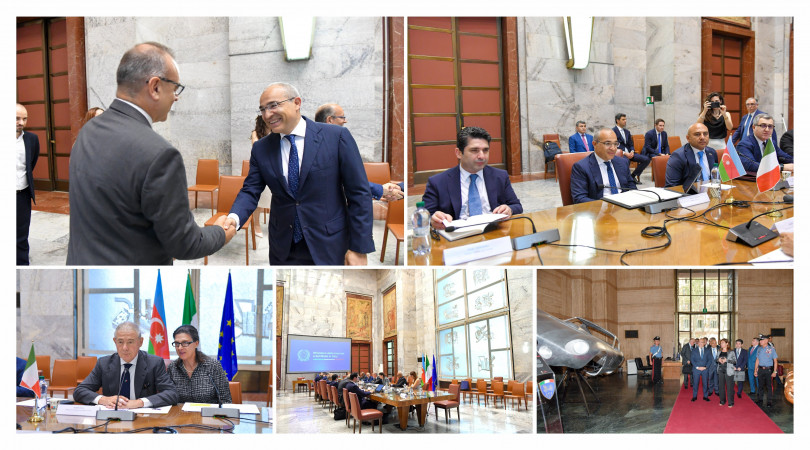
.jpeg)
